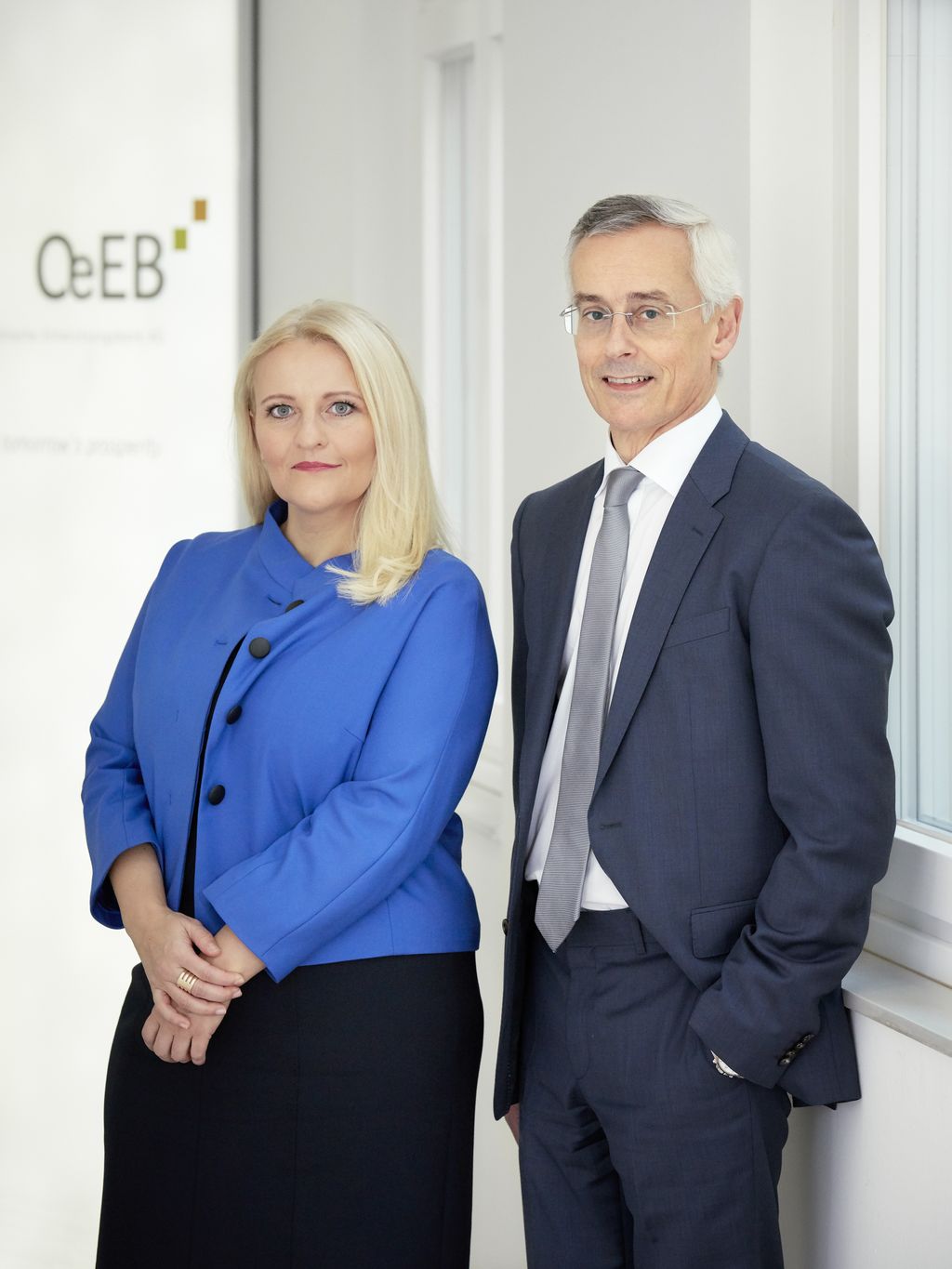Members
Members' interviews
Scaling up the fight against climate change

Sabine Gaber and Michael Wancata are members of the executive board of OeEB, the development bank of Austria. With a strong focus on renewable energy projects, OeEB is the largest Austrian contributor to international climate finance.
There have been worldwide protests calling for stronger climate action. What progress has been made so far?
Wancata: Fighting climate change is the most pressing issue of our time. We’ve seen strong growth in renewable energy capacity in recent years. Approximately one third of global power capacity is now based on renewables. However, in order to be able to achieve the global climate objectives, renewable energy deployment needs to grow much further and faster.
Gaber: While having contributed to the problem the least, developing countries are most heavily affected. Until 2030, an estimated USD 3.5 trillion is required for developing countries to implement the Paris climate pledges to prevent potentially catastrophic and irreversible effects of climate change. International climate finance is crucial for supporting these countries. This is where Development Finance Institutions like OeEB can make an important contribution.
How can we enable growth and development while at the same time fighting climate change?
Gaber: We are aware of the possible trade-offs between contributing to economic growth in developing countries on the one hand and taking measures to combat climate change on the other. More than one billion people still do not have access to electricity. This lack of access to affordable and reliable energy hampers the growth of the private sector in many developing countries.
Wancata: The challenge is to balance economic growth and climate protection. In order to achieve sustainable development it is crucial to focus on renewable energy so that the inevitable increase in energy demand that comes with economic growth can be met as climate-friendly as possible. In many cases, renewable energy is already the less expensive alternative.
What role do Development Finance Institutions (DFI) play in fighting climate change?
Wancata: The private sector is the largest source of global climate finance. Public funds and grants alone are not enough to finance the investments needed in order to reach the agreed climate goals. By providing financing for private-sector renewable energy projects, Development Finance Institutions play a crucial role in fighting climate-change and in driving renewable energy deployment. DFIs can raise large volumes with comparatively low state resources and, due to their ability to take on greater risks, can mobilize additional money from private investors.
Gaber: The 15 European Development Finance Institutions (EDFIs), including OeEB, have greatly increased their investments in climate projects over the last years. At the end of 2018, the climate finance portfolio of all 15 EDFIs combined amounted to EUR 9.3 billion with close to 60% invested in solar, wind and hydro-power projects. Numerous of these projects wouldn’t have been possible without funding from EDFIs.
Wancata: Promoting renewable energy is also one of OeEB’s key strategic goals. More than 40% of OeEB’s portfolio is dedicated to climate-friendly projects which makes us the largest Austrian provider of international climate finance. We finance projects that help developing countries and emerging markets gain access to their own sources of energy and to use energy efficiently – thereby reducing dependence on fossil fuels and energy imports. We are careful to keep CO2 emissions to a minimum in all the projects we finance and ensure that all of our projects fulfil high environmental and social standards.
Can you name some examples of how OeEB contributes to fighting climate change?
Gaber: OeEB provides long-term loans for climate-related private-sector projects. Together with other DFIs we helped finance the largest wind farm in Central America and the largest solar power plant in Egypt but also several smaller wind, solar and hydropower projects worldwide. In addition to conventional grid-based energy solutions, we also e.g. finance off-grid solar projects in sub-Saharan Africa. Off-grid solutions have made a significant contribution to enabling access to electricity for around 118 million people yearly since 2010, especially in rural areas. It is important that the projects we finance match the needs of the respective country.
Wancata: In addition to loans we also provide private equity for renewable energy projects; e.g. via funds in Sub-Saharan Africa, the MENA region, Asia and the Caucasus region. With technical assistance funds we additionally support our project partners in improving environmental and social practices or in providing trainings to employees. This way, we enhance the developmental impact and sustainability of the projects we finance.